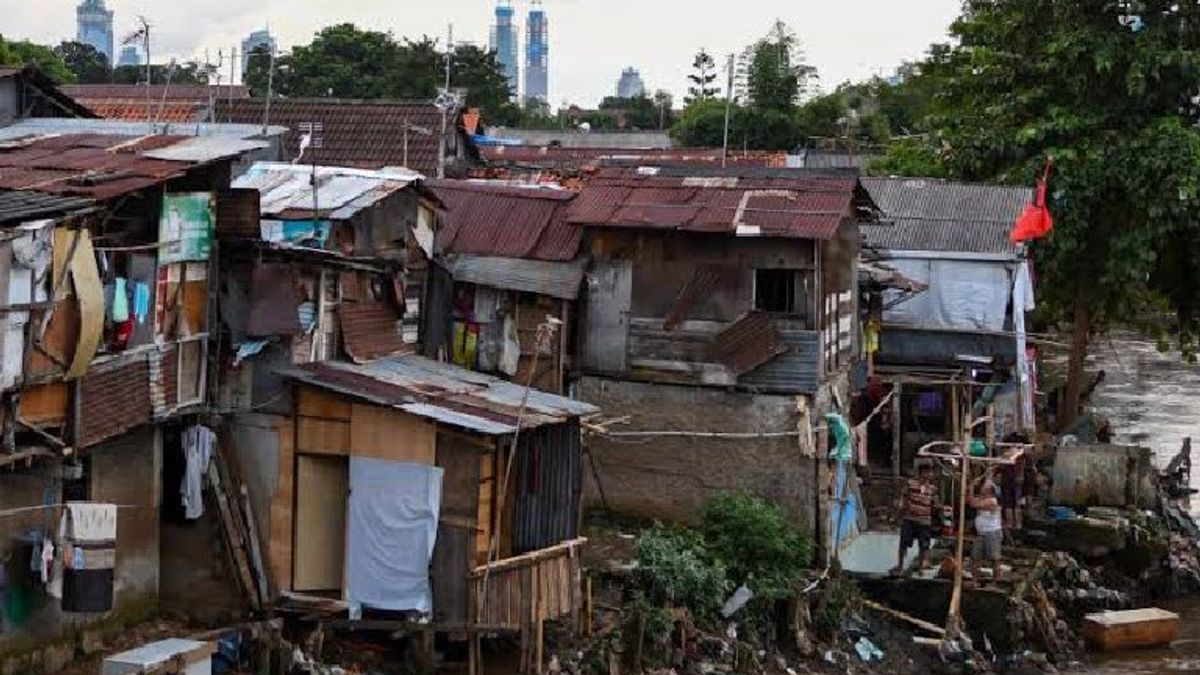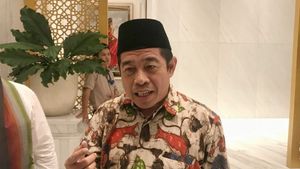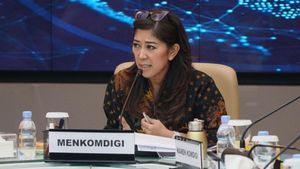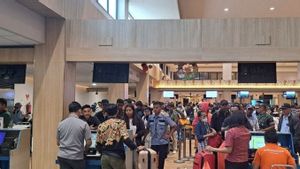JAKARTA - Economic Policy Analyst of the Indonesian Employers' Association (Apindo) Ajub Hamdani said that the governments of President and Vice President Prabowo Subianto and Gibran Rakabuming Raka must review the data of the poor to be able to overcome poverty effectively.
The Central Statistics Agency (BPS) noted that as of March 2024 there were statistical data in 2024 of around 25 million poor people in Indonesia, while BPJS data noted that there were more than 96 million poor people who received Contribution Assistance (PBI).
"This means that the government must be observant with initial data as a policy foundation in the future. There are still many who become a burden with the size of the poor, whether 25 million or 96 million people," said Ajib Hamdani in Jakarta, quoted from Antara, Monday, October 21.
He stated that the government must really encourage pro-distribution policies and encourage poverty reduction.
This is because more than 60 percent of Gross Domestic Products (GDP) are supported by household consumption, so that economic growth will be maintained if the poverty rate can continue to decrease and people's purchasing power increases.
In addition to poverty, he said that the new government also faces high fiscal pressure so that the Ministry of Finance is expected to have a concrete solution to the budget problem.
Ajib said that the 2025 APBN expenditure was allocated Rp3,613.1 trillion, supported by state revenues which were projected to reach Rp3,005.1 trillion.
"This means that the potential deficit of more than Rp600 trillion will be an increase in state debt. This includes fiscal problems with a debt maturity of around Rp800 trillion in 2025," he said.
He also said that another challenge that will be faced by the new government is the high unemployment rate which according to the International Monetary Fund (IMF) was recorded at 5.2 percent in April 2024.
This shows that investment achievements that have always exceeded the target for the last five years cannot be the main solution to absorb more labor.
In fact, according to him, there is a paradox in the industrial sector in Indonesia because even though there are many investments that come in, there is also a lot of phenomenon of Termination of Work Relations (PHK).
In addition, the ratio figure of the Output Ratio (ICOR), or the amount of new additional capital needed to increase or add one output unit, continues to increase.
"This means that investment has decreased in contribution to economic growth," he said.
SEE ALSO:
To overcome these various economic challenges, Ajjib said that the new cabinets formed later must be able to translate the vision and mission of Asta Cita Prabowo-Gibran through the framework of structural economic reform.
"It takes a series of policies aimed at increasing efficiency and productivity in the economic sector through fundamental changes in economic, regulatory and infrastructure systems," he added.
Prabowo Subianto and Gibran Rakabuming Raka were officially appointed as President and Vice President of the Republic of Indonesia for the 2024-2029 term of service after taking the oath of office at the MPR RI Plenary Session at the Nusantara Building, Parliament Complex, Jakarta, Sunday.
In his speech, Prabowo highlighted the high poverty rate in the country, even though Indonesia has been able to become a member of the G20 as the country with the 16th largest economy in the world.
The English, Chinese, Japanese, Arabic, and French versions are automatically generated by the AI. So there may still be inaccuracies in translating, please always see Indonesian as our main language. (system supported by DigitalSiber.id)
















